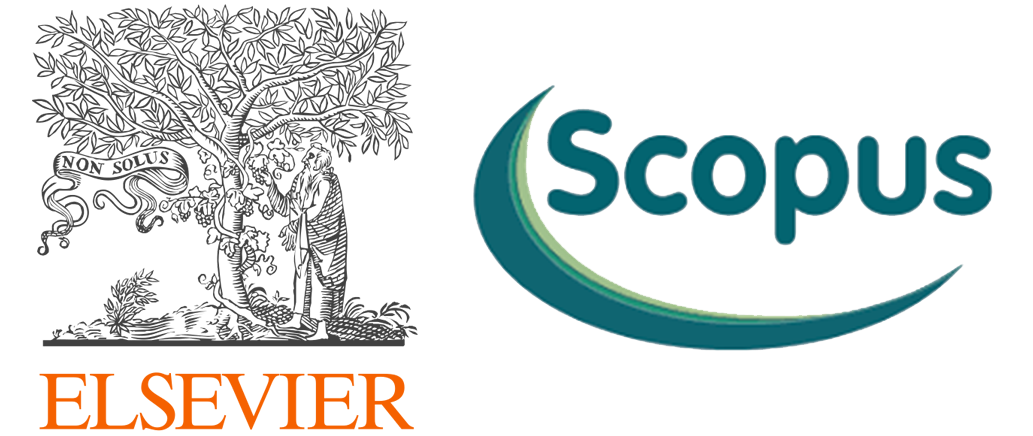SWOT Analysis of the Mempawah Regency Baznas Development Strategy in Collecting Zakat Funds
Abstract
This study departs from the analysis of the development strategy of Mempawah District Baznas in collecting zakat funds. The main problem of this paper is to at least talk about the strategies carried out by Baznas officials so that people in Mempawah want to pay their zakat because in their community they issue less zakat to Baznas, the community issues more zakat for religious leaders. Then from the strategy analyzed using SWOT, a descriptive qualitative study began to describe the symptoms in the field. The research found that Baznas Mempawah District has the power to have zakat collection units for each office that has distributed their zakat to Baznas, many government employees have issued their zakat to Baznas. The threat of Baznas District Mempawah, namely: People are divided into paying zakat, Baznas promotion is still less intensive. The Baznas opportunity is the only BAZ in Mempawah Regency. There is a letter from the District Head of Mempawah regarding the regulation that employees must issue their zakat at Baznas. The threat is that Amil has formed many zakat institutions in each office. Strategies adopted by Baznas District of Mempawah When power meets opportunity, one must build a partnership between BAZ and LAZ so that it is easy to collect funds from the community. Baznas Strategy When Weakness meets opportunity, it increases the quality and quantity of competent resources for young people. Baznas strategy when power meets threats namely; entered into a collaboration between BAZ and UPZ so that UPZ could assist BAZ in collecting zakat from the community. Baznas strategy when weakness meets threats; that is, conducting training for young people, so that young people will be interested in joining Baznas.
References
Ali, Hasan. Zakat dan Infaq Salah Satu Mengatasi Masalah Sosial di Indonesia. Jakarta: Kencana Prenada Media Group, 2008.
Bachmid, Gamsir. “Muzakki's behavior in paying Zakat Mal (Phenomenology Study of Muzakki's Experience in Kendari City).” Jurnal Managemen 10, no. 2 (2012).
Chaniago, Siti Aminah. “Perumusan Manajemen Strategi Pemberdayaan Zakat.” Jurnal Hukum Islam 12, no. 1 (May 6, 2014). https://doi.org/10.28918/jhi.v12i1.529.
Damayanti, Wiwik, and Ita Dwi Lestari. “Dimensi Zakat dalam Keadilan Sosial (Studi Komparasi Pemikiran Yusuf Al Qardhawi dan Masdar Farid Mas’udi).” Jurnal Mahkamah: Kajian Ilmu Hukum dan Hukum Islam 3, no. 1 (2018): 1–28. https://doi.org/10.25217/jm.v3i1.251.
Didin, Hafiddhuddin. Zakat dalam Ekonomi Modern. Jakarta: Gema Insani, 2002.
Fakhruddin. Yurisprudensi dan Manajemen Zakat di Indonesia. Malang: UIN Press, 2008.
Fakhrudin, Muhamad. “Taqnin Al Ahkam dalam Implementasi Zakat di Indonesia.” Al-Ahkam 15, no. 1 (June 30, 2019). https://doi.org/10.37035/ajh.v15i1.1896.
Freddy, Rangkuti. Teknik Analisis SWOT untuk Membedah Kasus Bisnis. Jakarta: Perpustakaan Utama Gramedia, 2000.
Hafidhuddin. “The Strategic Role of Zakat Organization in Strengthening Zakat in The World,” Al Infaq 2, no. 1 (2011).
Ichsan, Iqbal. Sistem Manajemen Strategi di Lembaga Dompet Amil Zakat Nasional Dompet Dhuafa. Pontianak: Stain Press, 2011.
Lestari, Puji et. al., “Identification of Organizational Factors in Developing 'E-Governance' in Zakat Management Organizations,” Mimbar 31, no.1 (2015).
Maman, Abdurahman. Risalah Zakat Infaq dan Sedeqah. Bandung: Tafakur, 2011.
Muhammad, Hasan. Managemen Zakat. Yogyakarta: Idea Press, 2011.
Noor, Syamsudin. “Penerapan Analisis SWOT dalam Menentukan Strategi Pemasaran Daihatsu Luxio di Malang.” Jurnal INTEKNA: Informasi Teknik dan Niaga 14, no. 2 (2014).
Pratama. “The Role of Zakat in Poverty Alleviation (Case Study : Program Zakat Productive Zakat Program at the National Amil Zakat Agency), The Journal of Tauhidinomic, (2015).
Quraish, Shihab. Tafsir Al Misbah. Jakarta: Perpustakaan Umum Islam Iman Jama, 2004.
Romdhoni, Abdul Haris. “Zakat in Promoting Economic Growth and Poverty Alleviation.” Jurnal Ilmiah Ekonomi Islam 3, no. 1 (2018).
Rianto, Nur. “Effect of Zakat Double and Its Implications on Poverty Alleviations Programs.” Ekbisi 5, no. 1 (2010).
Ridho, Ali. “Zakat in Islamic Economic Perspective.” Al-'Adlh 7, no. 1 (2014).
Yusuf, Qordhawi. Hukum Zakat. Jakarta: Litera, 1986.
Copyright (c) 2020 Eko Bahtiar

This work is licensed under a Creative Commons Attribution-NonCommercial 4.0 International License.















